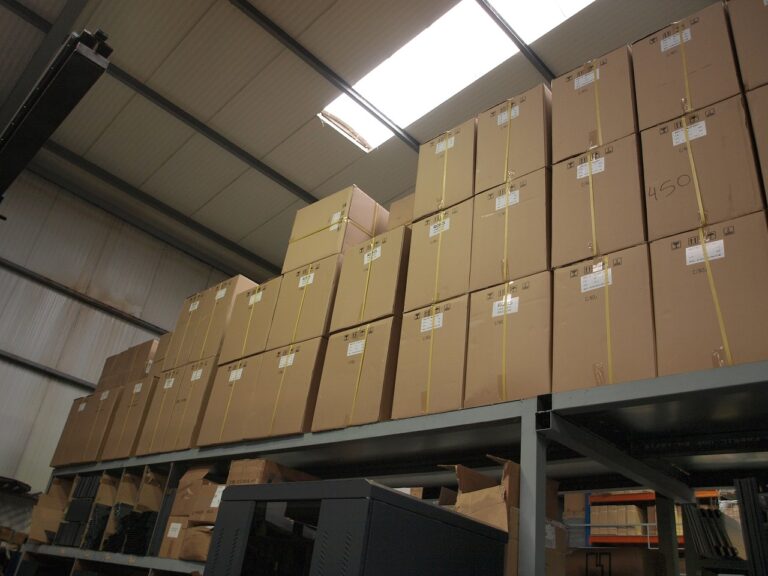Trends in Aerospace Software Quality Assurance: Cricbet99.com sign up, Sky1exchanges login, Cricket bet99
cricbet99.com sign up, Sky1exchanges Login, cricket bet99: The aerospace industry is constantly evolving, with new technologies and advancements pushing the boundaries of what is possible. With this rapid pace of innovation comes the need for rigorous software quality assurance processes to ensure that critical systems function flawlessly. In this article, we will explore some of the key trends in aerospace software quality assurance and discuss how they are shaping the future of the industry.
Heading 1: Introduction
Aerospace software quality assurance is a critical component of the development process for aircraft, spacecraft, and other aerospace systems. It involves ensuring that software functions as intended, meets performance requirements, and is free of defects that could lead to system failures. As the complexity of aerospace systems continues to grow, the importance of robust quality assurance processes cannot be overstated.
Heading 2: Increased Automation
One of the key trends in aerospace software quality assurance is the increased use of automation tools. These tools can help streamline testing processes, improve efficiency, and reduce the risk of human error. By automating repetitive tasks, such as regression testing and code analysis, aerospace companies can speed up development cycles and deliver software more quickly.
Heading 3: Agile Development
Another trend in aerospace software quality assurance is the adoption of agile development methodologies. Agile emphasizes collaboration, flexibility, and rapid iteration, allowing teams to respond quickly to changing requirements and deliver software in shorter cycles. By breaking development down into smaller, more manageable chunks, aerospace companies can improve quality and reduce the risk of costly errors.
Heading 4: Cybersecurity
With the increasing connectivity of aerospace systems, cybersecurity has become a major concern for the industry. Aerospace software quality assurance now includes robust security testing to ensure that systems are protected from cyber threats. This includes identifying vulnerabilities, implementing encryption measures, and regularly monitoring for security breaches.
Heading 5: Compliance and Certification
Aerospace software quality assurance also involves ensuring compliance with industry regulations and certification requirements. Aerospace systems must meet stringent safety standards to ensure that they can operate reliably in challenging environments. Quality assurance processes must include thorough documentation, testing, and validation to demonstrate compliance with these standards.
Heading 6: Integration Testing
Integration testing is another key trend in aerospace software quality assurance. This involves testing how different components of a system work together to ensure that they function as intended. By conducting integration testing early and often, aerospace companies can identify and address issues before they become more serious problems.
Heading 7: Conclusion
As aerospace systems become more complex and interconnected, the importance of software quality assurance cannot be overstated. By adopting automation tools, agile methodologies, cybersecurity measures, compliance standards, and integration testing, aerospace companies can ensure that their software meets the highest quality standards. These trends are shaping the future of the industry and will continue to drive innovation in the years to come.
FAQs
Q: What are some common challenges in aerospace software quality assurance?
A: Some common challenges include managing the complexity of aerospace systems, ensuring compliance with industry regulations, testing for cybersecurity vulnerabilities, and integrating different components of a system.
Q: How can aerospace companies improve their software quality assurance processes?
A: Aerospace companies can improve their processes by adopting automation tools, implementing agile methodologies, prioritizing cybersecurity measures, ensuring compliance with regulations, and conducting thorough integration testing.
Q: Why is software quality assurance important in the aerospace industry?
A: Software quality assurance is important in the aerospace industry because it ensures that critical systems function as intended, meet performance requirements, and are free of defects that could lead to system failures. Quality assurance processes help aerospace companies deliver safe and reliable software to customers.







